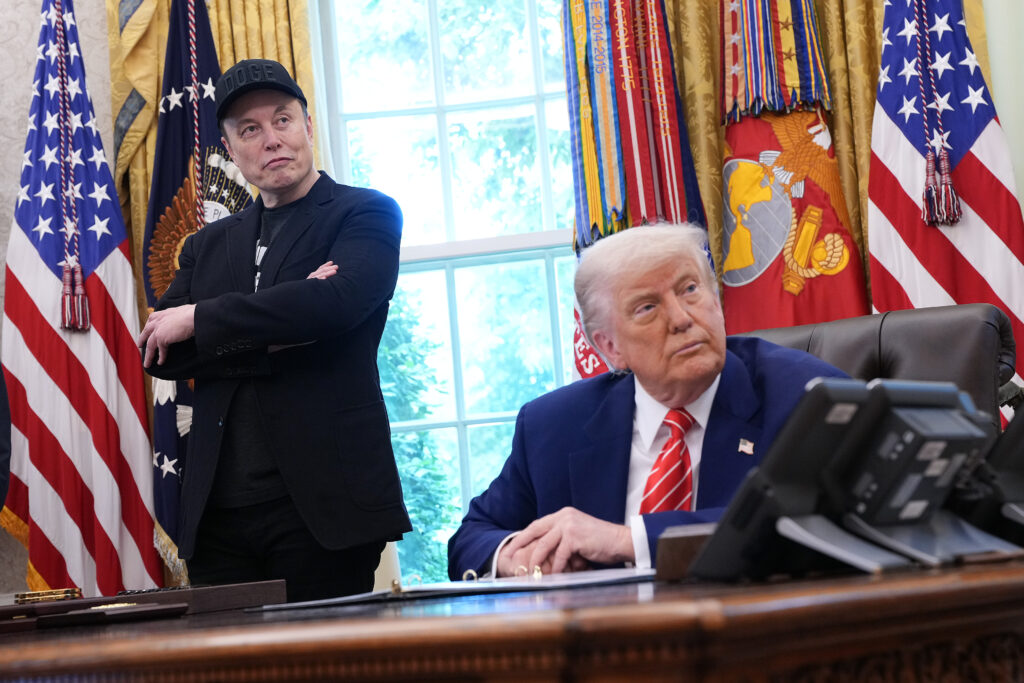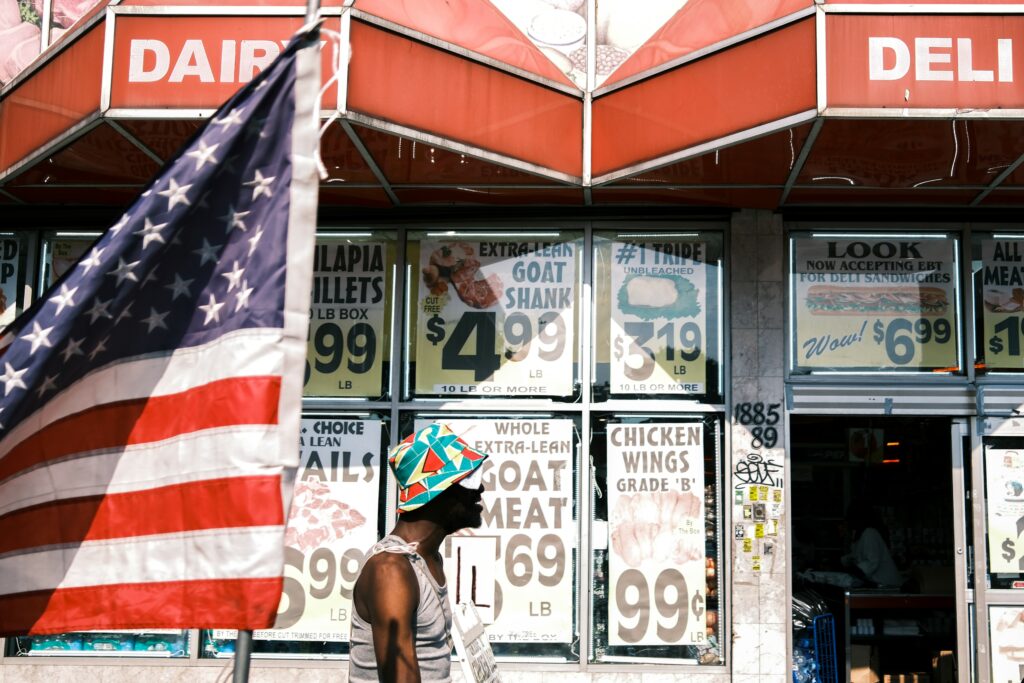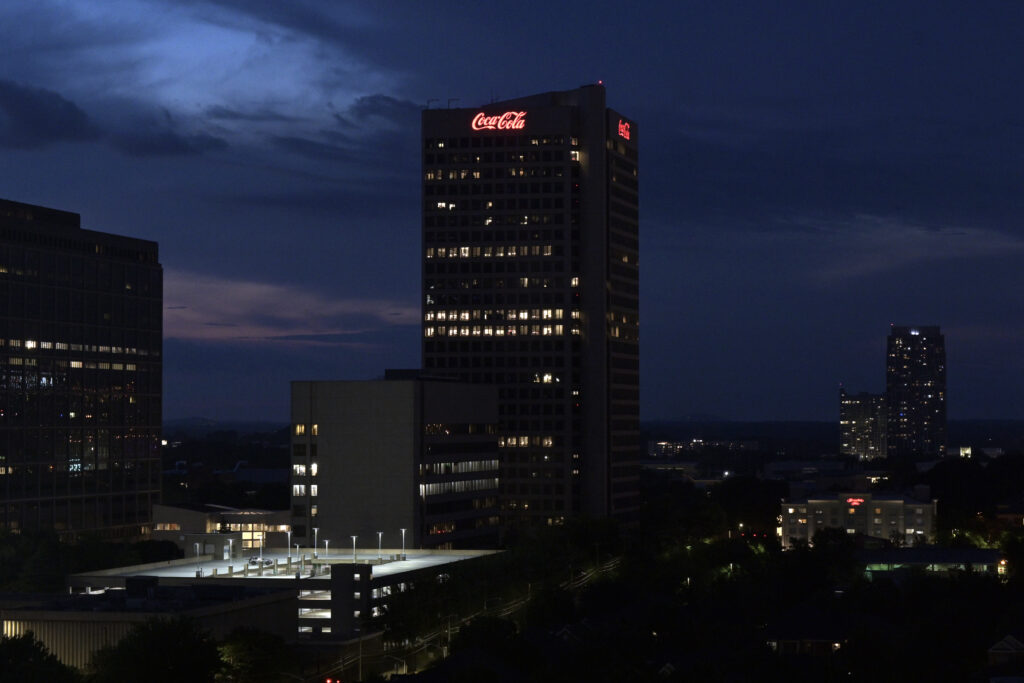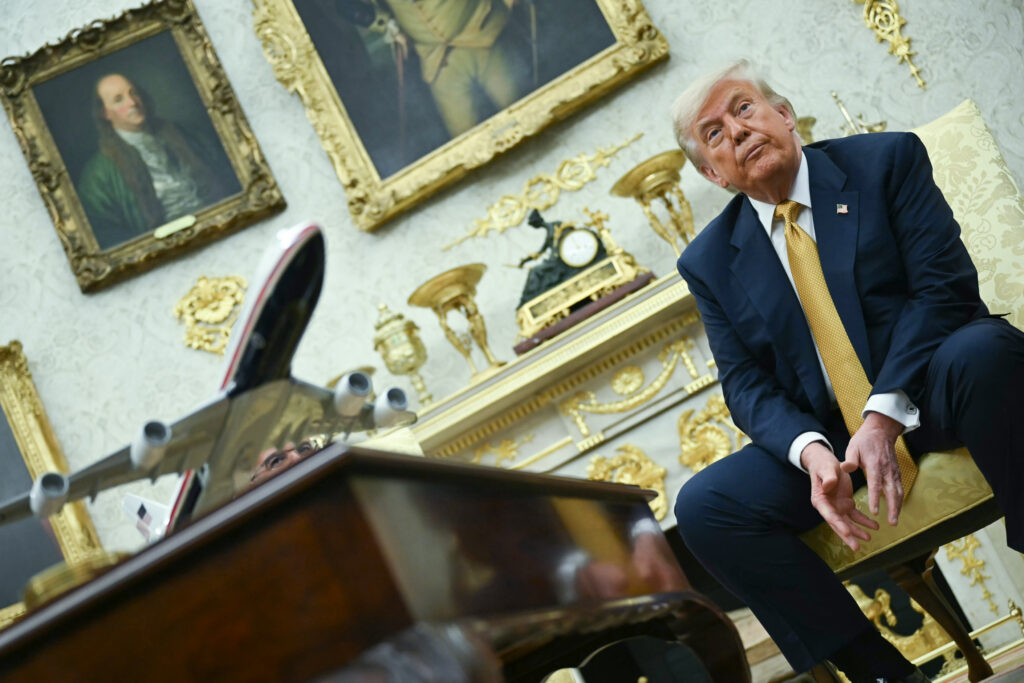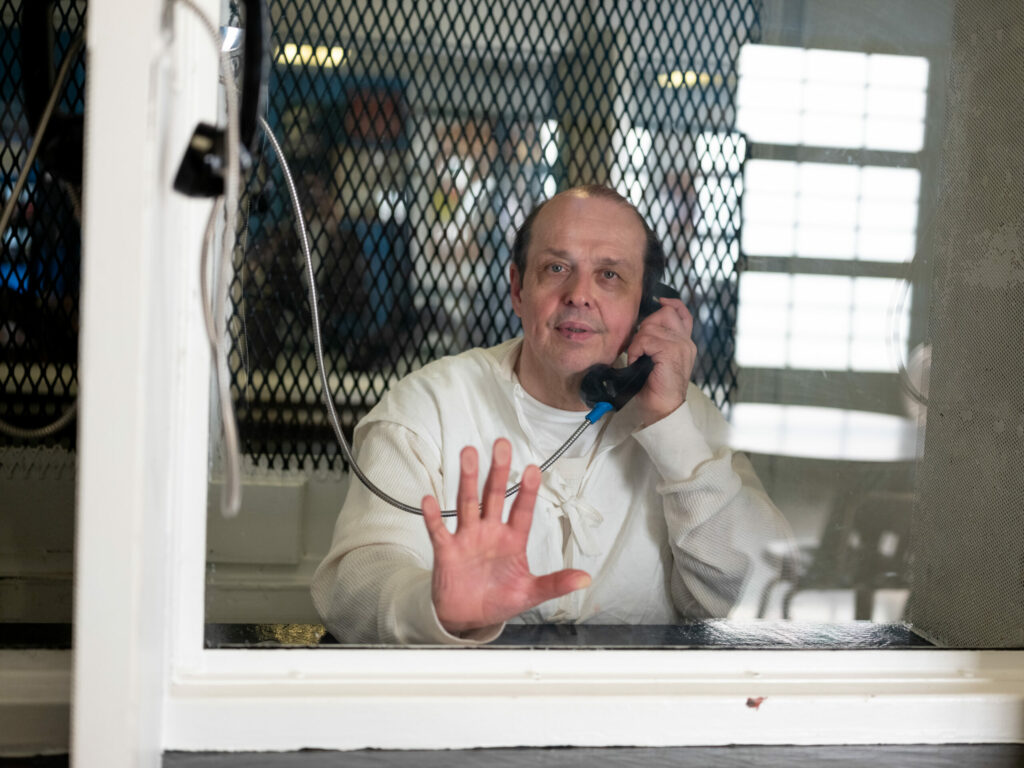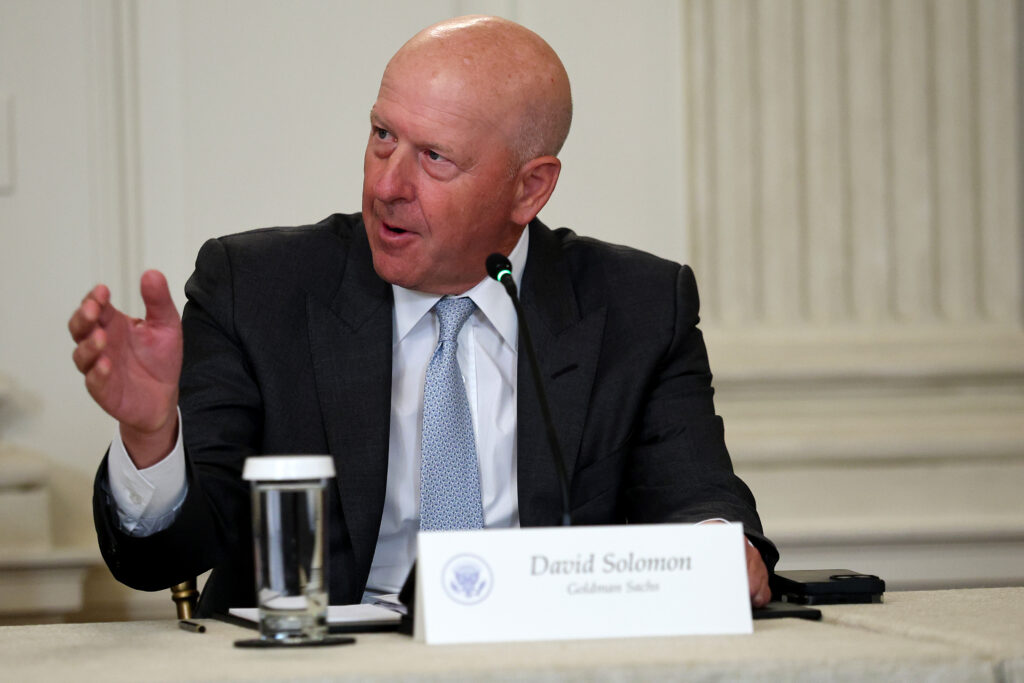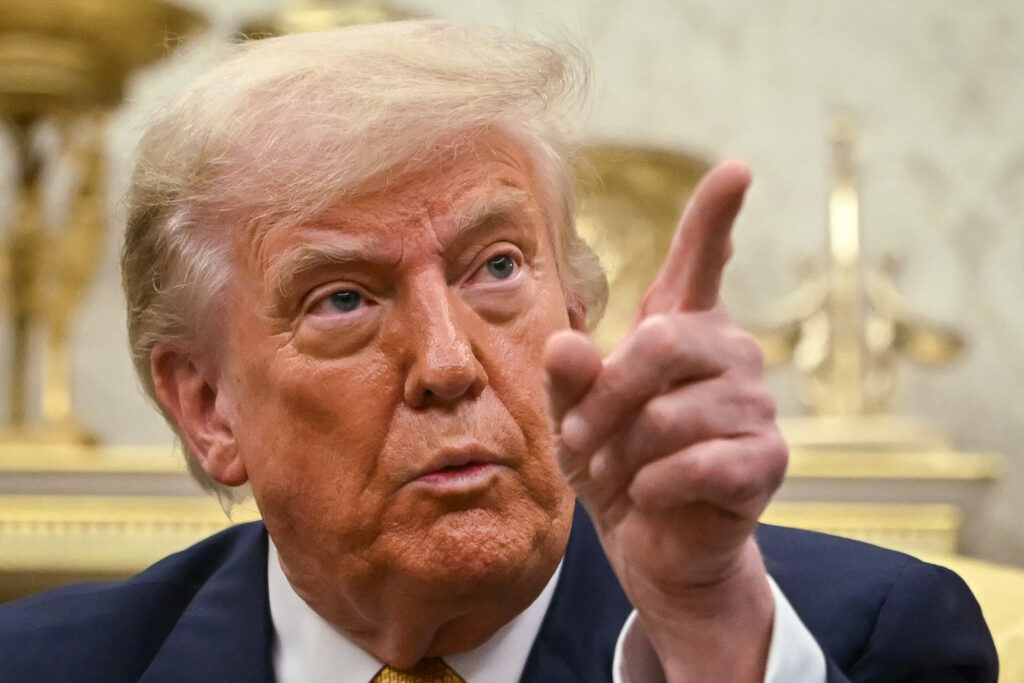US senators approve $9 billion of Elon Musk’s federal cuts
The US Senate approved early Thursday a package of spending cuts proposed by President Donald Trump that would cancel more than $9 billion in funding for foreign aid programs and public broadcasting.The upper chamber of Congress green-lit the measure in what was seen as the first test of how easily lawmakers could usher into law savings sought by Elon Musk’s Department of Government Efficiency (DOGE) — in the aftermath of the tech mogul’s acrimonious exit from the government.Despite the cutbacks’ unpopularity in some sections of both parties, the Republican-led Senate passed the measure with 51 votes for and 48 against in a session that went more than two hours past midnight.The version of the text passed in June by the House of Representatives sought to eliminate $400 million in funding allocated to health programs, including the PEPFAR global AIDS relief fund created by then-president George W. Bush.But defunding PEPFAR — which has saved an estimated 26 million lives — was seen as a nonstarter among a handful of moderate Republican senators, and the proposal was dropped.South Carolina Senator Lindsey Graham told AFP the bill was consistent with Trump’s promises to cut spending.”I’ve been a big fan of the foreign aid accounts… I’m a big hawkish guy, but you need foreign aid. You need soft power,” he said.”But when you start spending money on a bunch of junk, and liberal programs disconnected from the purpose of the aid package, it makes it difficult on a guy like me.” The bill now goes back to the House for final approval, with lawmakers up against the clock. Congress, which had already allocated the money, has to approve the cuts by Friday or the White House must spend the cash as originally intended.Legislation to claw back money already approved by Congress — known as a “rescissions package” — is extremely rare, and no such measure has passed in decades.- ‘Surrendering powers’ -Around a dozen Republicans had voiced concerns about allowing the White House to dictate spending cuts, placing them in the crosshairs of Trump, who last week threatened to withhold his endorsements from any rebels.The vote was the first in what Republicans have touted as a potential series of packages codifying the spending cuts made by DOGE. Musk was tapped by Trump to lead the task force after the tech billionaire spent $290 million helping him get elected.The SpaceX and Tesla boss boasted that he would be able to save $2 trillion in federal spending — but left the White House under a cloud in late May as he feuded with Trump over deficits and spending.DOGE acknowledges that it has saved taxpayers just $190 billion — and fact checkers even see that claim as dubious, given previous inaccuracies in its accounting. The rescissions package slashes around $8 billion in foreign aid, with much of that approved for humanitarian organization USAID, one of DOGE’s first targets. Around $1 billion is to be taken back from the Corporation for Public Broadcasting, which helps fund National Public Radio (NPR) and the Public Broadcasting Service (PBS), as well as more than 1,500 local radio and television stations.Conservatives often accuse PBS and NPR of bias, and Trump signed an executive order in May to cease federal funding for both networks.Democrats say cutting the funding will not meaningfully reduce the deficit, but instead dismantle a trusted source of information for millions of Americans.”It is yet another example of the spirit and ideals of our Constitution being undermined in a terrible way. We are a nation that believes that (Congress) has a real role,” New Jersey Senator Cory Booker told AFP.”And this is a bunch of my colleagues in thrall of the president, surrendering the powers of us, and the urgency for us to work together and do it in a bipartisan way to improve budgets.”
